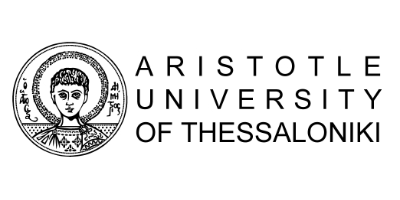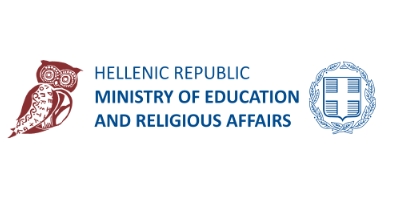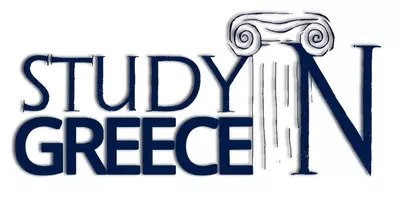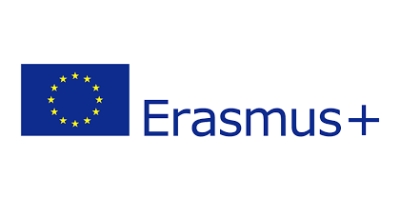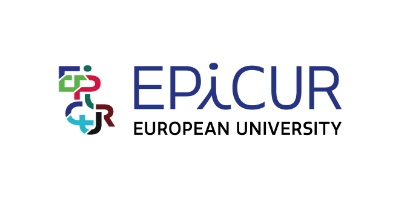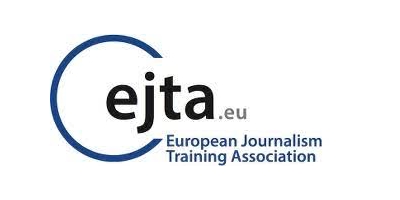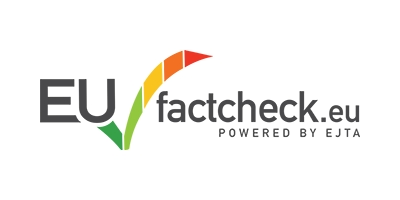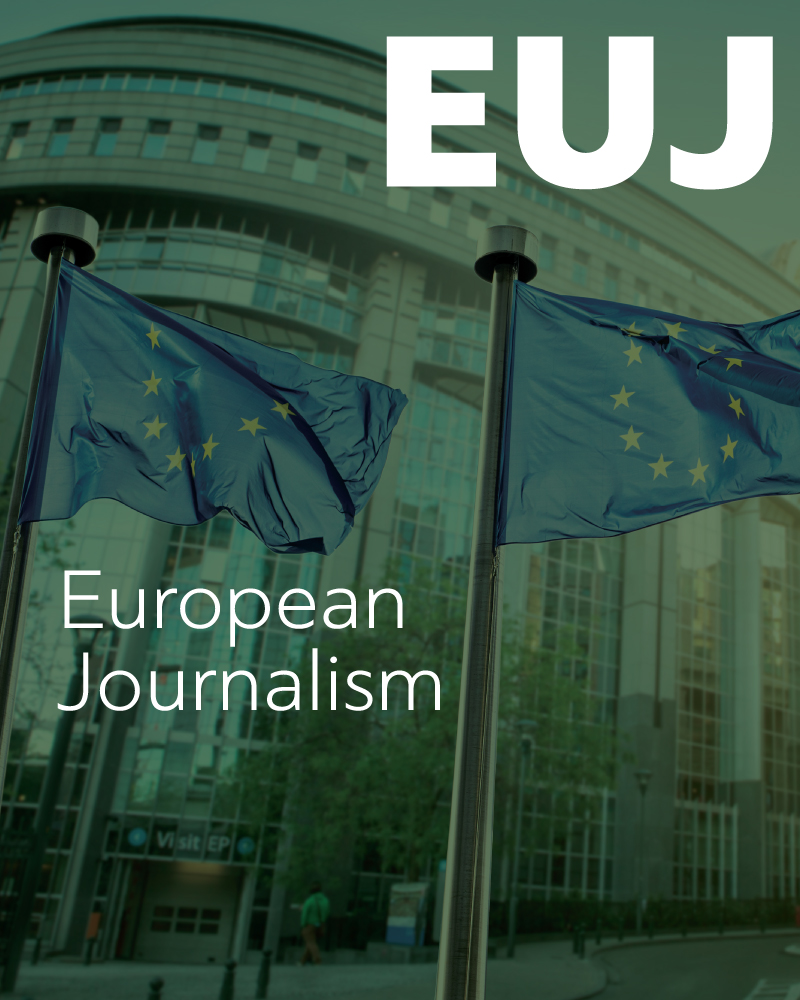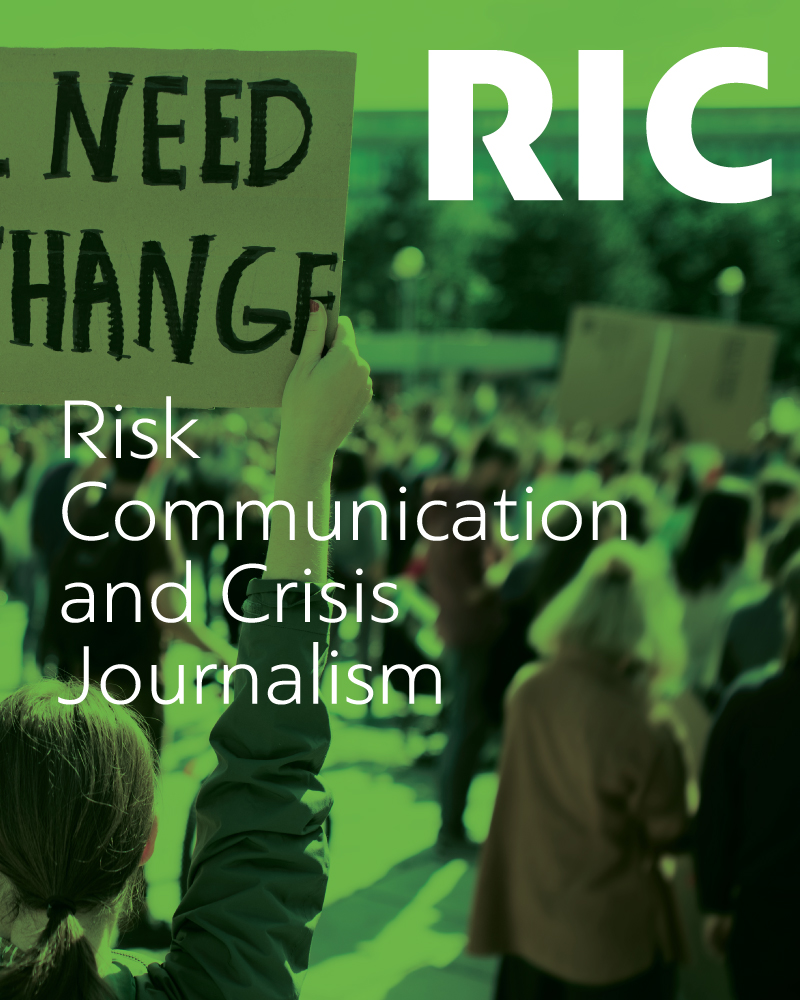School of Journalism and mass comunication Homepage
MA in Digital Media,Communication and Journalism
New admissions period begins on February 1st, 2024
A Future Full of Possibilities
The MA is designed to respond to the growing demand for high skilled professionals in communication and journalism in vital areas of contemporary concern, offering three distinct cutting-edge pathways:
Financial Policy
About your Studies at SJMC
Learn more about your studies at the School of Journalism and Mass Communication of AUTh.

Become part of an international community of change-makers in the media ecosystem.
PLACES
STUDENT NATIONALITIES
QUALITY ASSURANCE INDEX
Student Stories
An asset for a promising career
Since finishing the course, I have worked as a Commissioning Editor and Media Development Specialist alongside freelance writing, with recent publications including The Guardian, Telegraph and BBC.
A life-changing experience
An ideal program for all future journalists that not only teaches you how to master critical thinking and rigorous researching, but it also provides a safe international space.
Stimulating Interaction
A life-learning program with lectures from highly experienced, distinguished professors, characterized by fruitful discussions, raising awareness about trend topics and learning through new prisms.

